|
10/21/2023 0 Comments Demystifying Fluid Reasoning: The Key to Empowering Students with Learning DisabilitiesUnlocking the Potential: A Deep Dive into Fluid Reasoning and Tailored Strategies for Students with Learning Disabilities. Explore the transformative power of Fluid Reasoning in enhancing problem-solving, its influence on reading and math skills, and uncover customized accommodations to support students. Dive into proven methodologies to optimize their educational journey today. In the realm of teaching students with learning disabilities, understanding the concept of Fluid Reasoning becomes paramount. This cognitive ability empowers students to think logically and solve challenges in novel situations, independent of acquired knowledge. In this comprehensive guide, we delve into the depths of Fluid Reasoning, its impact on a student's cognitive development, its applications in the classroom, assessment methods, and strategies to accommodate and support students with lagging Fluid Reasoning skills. Understanding Fluid Reasoning: Fluid Reasoning embodies the capacity to apply logic and reasoning to uncharted territories, unburdened by prior experiences. It encompasses nonverbal, sequential, quantitative, and categorical reasoning. Consider a scenario where you face a new project demanding unfamiliar skills – this is where Fluid Reasoning comes into play. It equips individuals to recognize patterns and correlations among seemingly unrelated elements, enabling them to craft innovative solutions. Fluid Reasoning in the Classroom:
Assessment of Fluid Reasoning: The Wechsler Intelligence Scale for Children®-Fifth Edition (WISC-V) employs Fluid Reasoning as one of its five components for assessing a child's intellectual capabilities. This assessment focuses on detecting the child's aptitude for recognizing underlying connections between visual elements, and their ability to apply reasoning consistently across novel situations. Impact on Reading and Math: Fluid Reasoning plays a noteworthy role in both reading and math. It aids in drawing general conclusions from specific information, which is pivotal for effective reading comprehension. Furthermore, its connection to mathematical activities spans across all age groups, highlighting its significance in grasping mathematical concepts. Effective Accommodations for Fluid Reasoning Challenges: Students grappling with Fluid Reasoning difficulties may exhibit struggles in pattern recognition, drawing conclusions, transferring skills, and comprehending cause-and-effect relationships. To support these students, consider these accommodations: Setting Accommodations: (These accommodations focus on a change in the student’s environment)
Presentation Accommodations: (These accommodations focus on how the information will be provided to the student)
Response Accommodations: (These accommodations focus on how the student will provide information)
Timing/Scheduling Accommodations: (These accommodations focus on altering time allocations or the schedule, such as a specific time of day, extra time, etc.)
Click HERE to download these accommodations now! Methodologies to Support Lagging Fluid Reasoning Skills:
Fluid Reasoning stands as a pivotal cornerstone in the educational journey of students with learning disabilities. As educators, by understanding the intricacies of Fluid Reasoning and employing effective strategies, we empower our students to surmount challenges and unlock their intellectual potential. Through tailored accommodations and dedicated methodologies, we create an inclusive and nurturing learning environment, fostering growth and success. Happy Teaching! Miss Rae Related Blogs...Related Resource...
0 Comments
Your comment will be posted after it is approved.
Leave a Reply. |
CategoriesAll 504 Academic Testing Academic Testing Reports Achievement Testing Reports Back To School B/d Reversals Coronavirus COVID-19 Discrepancy Model Distance Learning Distance Learning With LD ELL Emotional Disability Executive Functioning Extended School Year First Year Special Education Teacher Advice Fluid Reasoning FREEBIES Goal Tracking IEP IEP At A Glance IEP Goals IEP Meetings Learning Disability Oral Reading Fluency Positive Affirmations For Special Education Students Progress Monitoring Reading Remote Learning RTI Rubrics Running Records SEL For Learning Disabilities Social Emotional Learning Special Ed Teacher Interview Questions Special Ed Teacher Job Description Special Education Special Education Progress Reports Special Education Reading Special Education Reading Programs Special Education Students Special Education Teachers Special Education Teachers Positive Affirmations Special Education Teacher Tips Special Education Websites Specially Designed Reading Instruction Teaching Strategy Trauma Wilson Reading Wilson Reading IEP Goals Writer's Workshop |
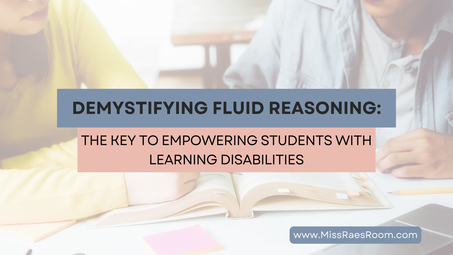
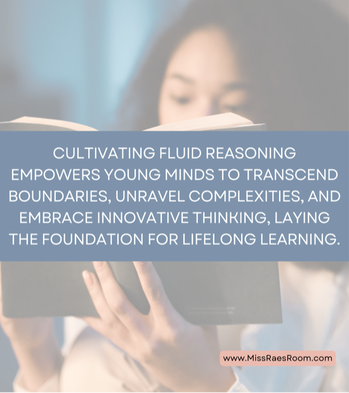
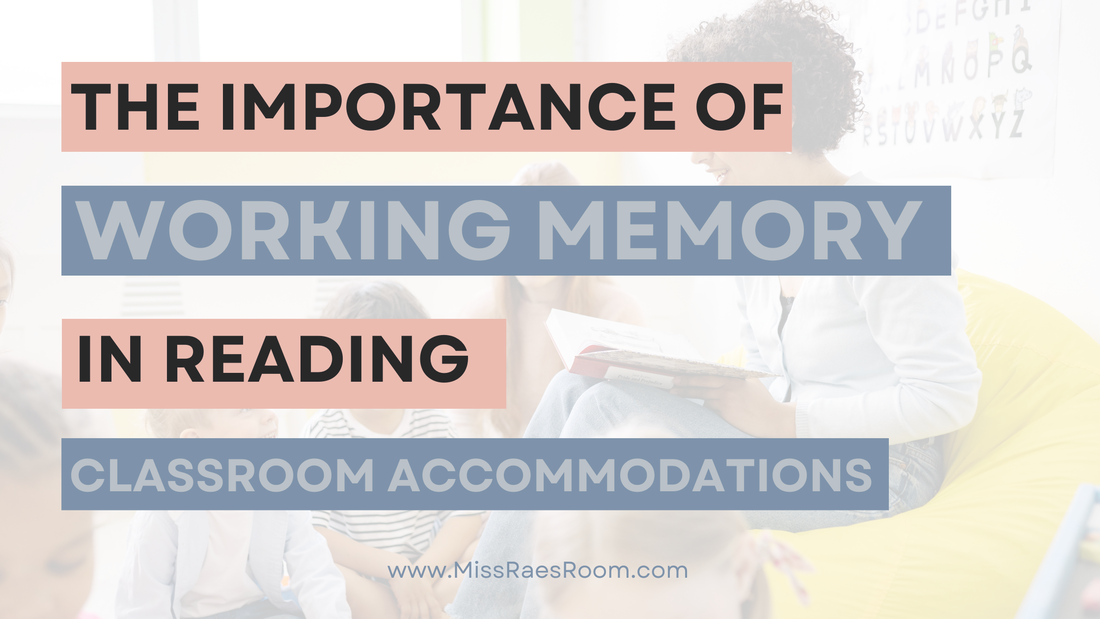
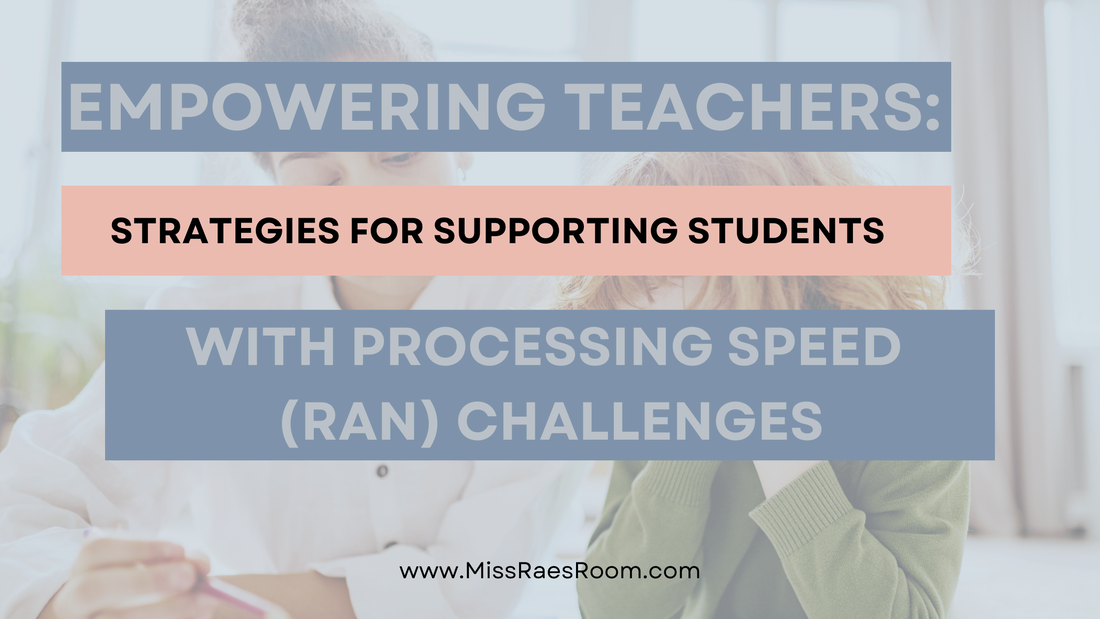
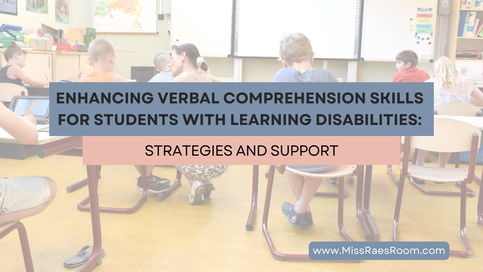
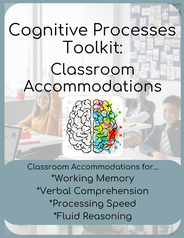

 RSS Feed
RSS Feed